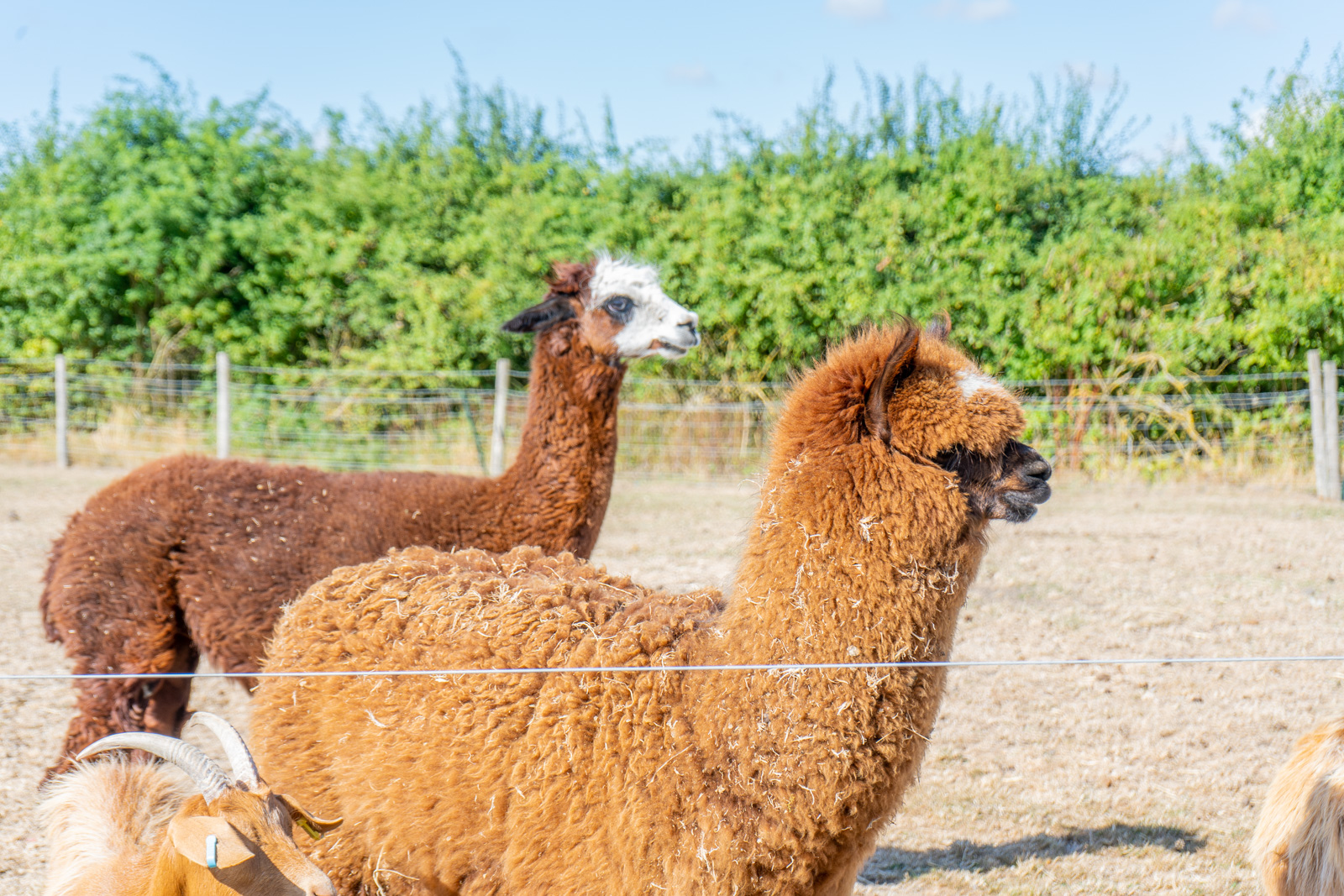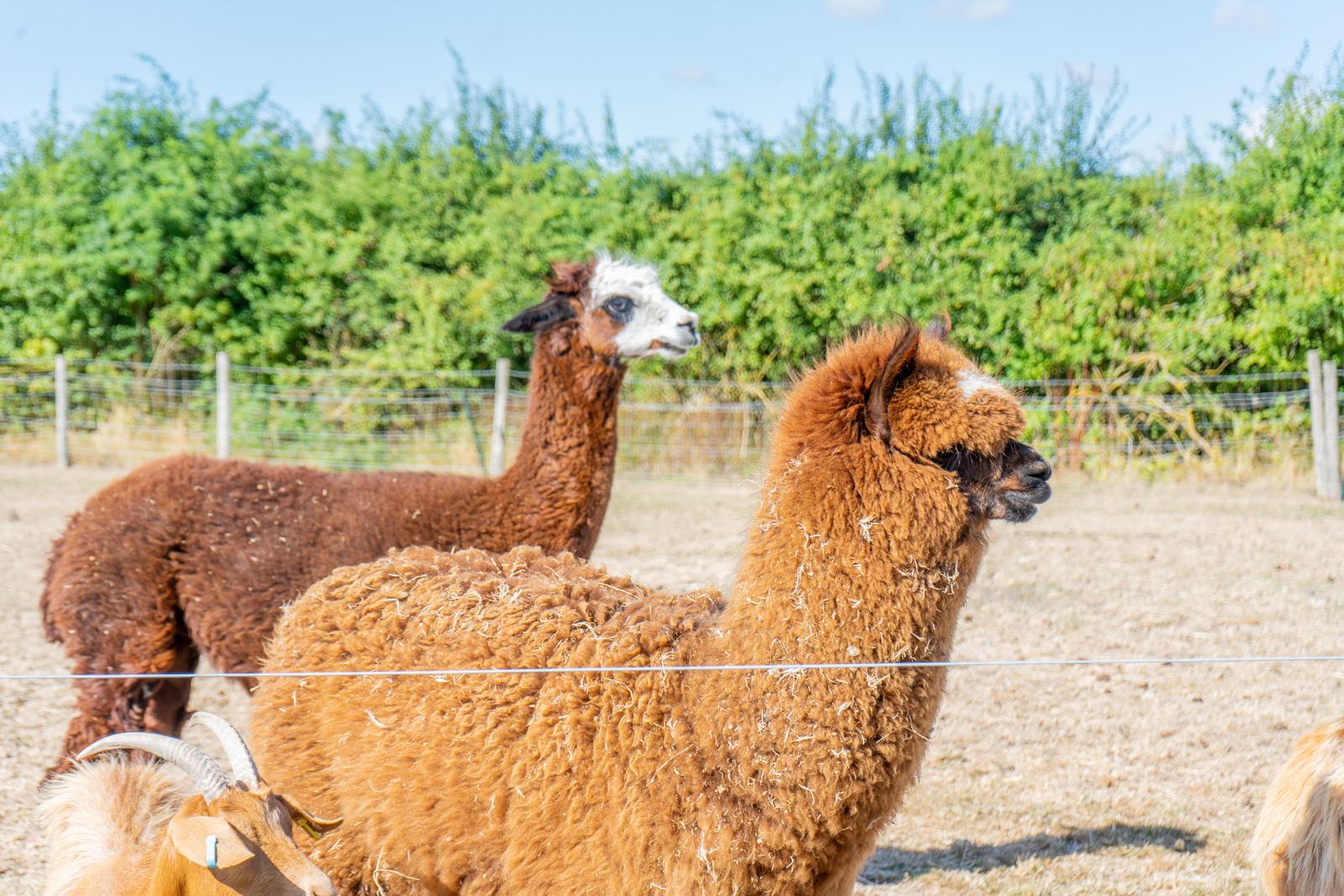Plasma transfusion
All young mammals are born without antibodies, which protect against infection.
The first milk produced by the mother, colostrum, is highly concentrated in antibodies for transfer to the cria, but if a cria doesn’t suckle well or the mother hasn’t produced good colostrum then the cria will be highly susceptible to infection.
This can lead to collapse or septicaemia, usually in the first seven days of life.
What is a plasma transfusion?
After 24 hours the cria cannot absorb any more antibodies from the colostrum, because the usual route of transfer across the gut has closed up.
Plasma (derived from the blood from a healthy adult from the same herd) can be passed into the bloodstream of a cria to provide the necessary antibodies.
Plasma can be life-saving in an emergency, but it isn’t commercially available in the UK and must be prepared from animals in your herd.
Due to the processing time, this is very difficult in an emergency situation and best done in advance.
We can collect blood ahead of time for processing so plasma can be stored for use in case of emergency.



